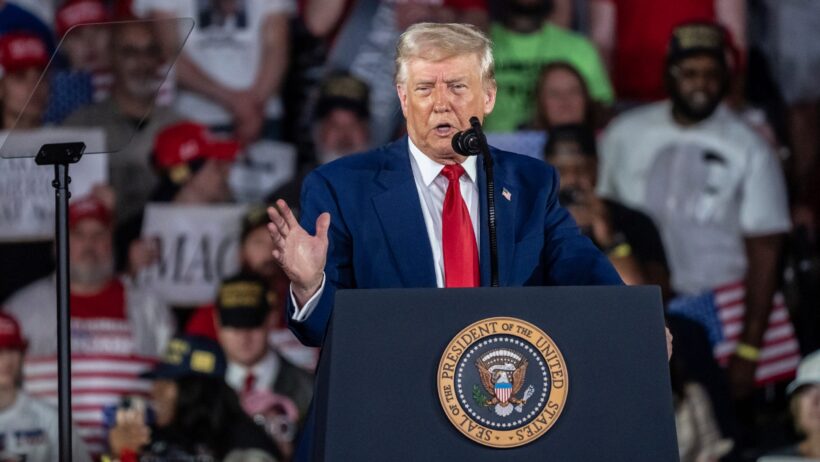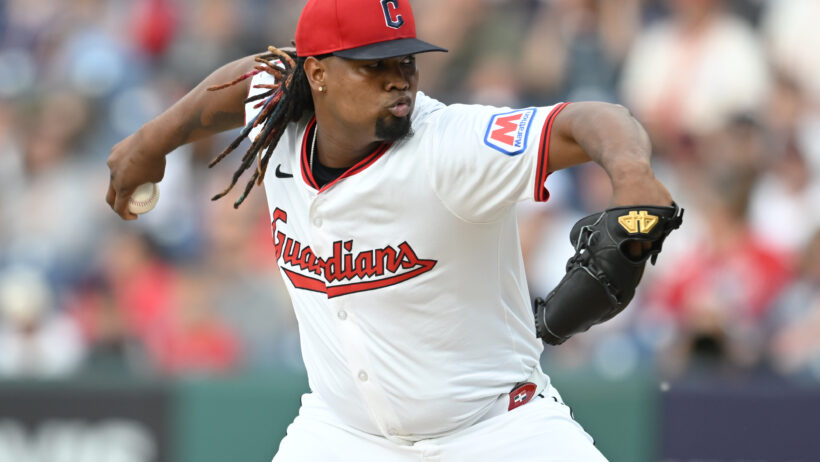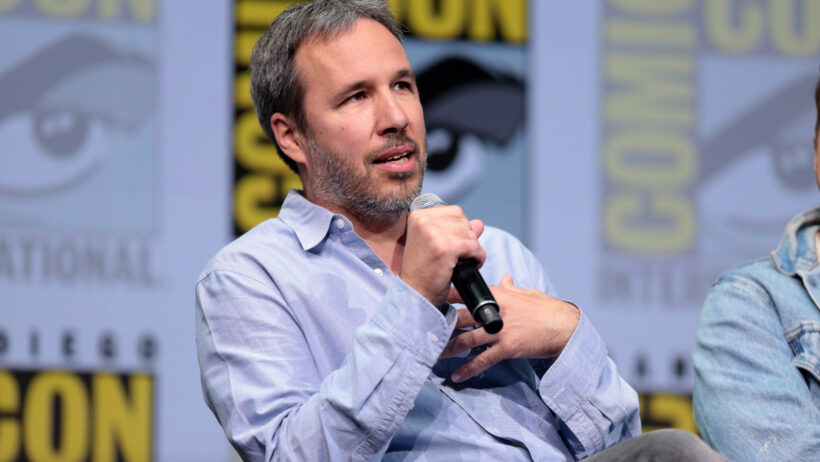The Global Sports Financial Exchange Allows Investors to Purchase Teams Like Stocks

- The Global Sports Financial Exchange allows you to trade professional sports teams like stocks
- You earn dividends when your teams win or otherwise appreciate in value
- The GSFE is still new, but it’s the ultimate futures market – find out how to jump in
What if you could invest in your favorite sports teams? While still in (relatively) early stages, the Global Sports Financial Exchange (GSFE) is offering investors and sports fans alike an opportunity to put up real cash behind their favorite professional sports franchises. It’s one of the earliest sites in what we now refer to as the event trading market.
Instead of rewarding bettors for predicting the outcomes of specific events and games, GSFE allows you to capitalize on long-term, strategic thinking by picking and trading teams. Think of the GSFE as the ultimate futures market!
In this article, you’ll learn how the Global Sports Financial Exchange works, why it’s so unique, and how it’s another exciting example of how enmeshed finance and sports betting are becoming. The boundaries between the two worlds are starting to blur, and that’s a good thing!
If you want to get involved with the exchange, visit AllSportsMarket.com to get started.
Who’s Behind the GSFE?
The minds behind Global Sports Financial Exchange aren’t sports bettors deeply entrenched in the world of finance. Global Sports Financial Exchange was founded by two friends, actor Zack Ward and former NHL superstar Bernie Nicholls.
Actor Zack Ward is perhaps best known for his role playing Scut Farkus, the bully in the 1983 classic A Christmas Story. Bernie Nicholls played 1127 games in the NHL from 1981 to 1999, scoring 1209 points; he was a bonafide superstar.
The two of them used personal capital and leveraged deep connections in both sports and finance to start the Global Sports Financial Exchange. Before launching the GSFE, they consulted with the likes of NHL Commissioner Gary Bettman in an effort to gain valuable feedback regarding the exchange.
How Does the GSFE Work?
At its heart, the Global Sports Financial Exchange is a fascinating blend of stock market fundamentals and the principles of futures bets. Ward and Nicholls aren’t big sports bettors, and they’ve made no public statements suggesting that they’ve ever dabbled with online sportsbooks. However, the differences between investing in a team and betting on them aren’t as big as you might think. Find out why in our article comparing the stock market and sports betting.
The fundamental principle behind the GSFE is that bettors “own” a little bit of a sports team; by sinking money into a team’s shares, an investor has a vested interest in the success of that team.
The Global Sports Financial Exchange is a fascinating blend of stock market fundamentals and the principles of futures bets.
The important thing to keep in mind about the Global Sports Financial Exchange is that it’s not a zero-sum game. You won’t outright win or outright lose any of your bets. Instead, you’ll see growth and decline in the value of the stock you’re holding.
How Are Teams Valuated in the Exchange?
Most often, a team’s win-loss ratio will dictate their short-term stock price. Factors that will affect a team’s stock price over the longer term include trades, the strength of a team’s draft picks, and ownership changes.
In light of any new information or even hunches, investors can go long or short on whichever teams they feel are poised for success and failure. If you think the Vancouver Canucks are set to shine in the future, you’ll want to buy stock in them while they’re in the basement of the league. The mantra that every investor lives by is buy low, sell high!
Further, if you think a team’s future is over-hyped, you have the ability to short its stock.
So, which teams are worth the most?
Just like an efficient free market stock exchange, value is dictated by the market fundamentals of supply and demand. In the Global Sports Financial Exchange, prices are determined by investors and investors only.
Another great feature unique to the GFSE is that every time the team they’re invested in wins, they’ll receive a small dividend.
As in any free market, stocks prices can be affected by many different factors, from a broader collapse of the market down to the team’s expected performance in a single event.
Which Teams and Sports Are on the Exchange?
Investors can buy, sell, and short shares of whichever team they desire. There are no restrictions in this regard. Best of all, while the market is still (relatively) small, you don’t have to pay very big brokers fees.
According to Ward the GSFE is built upon ” the exact same structure that was used when the New York Stock Exchange first opened in 1817.” Currently, there are over 614 unique shares available to purchase.
How Big Is the Global Sports Financial Exchange?
Even though it’s still in its infancy, the Global Sports Financial Exchange has piqued the interest of investors all over the world. Currently, they have investors in 81 countries and counting. Their market capitalization (combining both real and learning capital) is over 1.57 Billion USD, and they’ve already paid out over 25 Million USD in dividends to investors.
Given the possibilities for investors to buy, sell, and short in a free and efficient market, the GSFE is an extremely liquid market; it has proven very easy to link buyers and sellers.
Who’s Using the Global Sports Financial Exchange?
Already, the “sharps” of the Global Sports Financial Exchange have emerged. One investor, who wishes to remain anonymous, claims to profit over USD 2,000 a weekend trading sports teams.
Chad Diehl, a Fresno based real estate agent, frequently nets USD 3,000 a weekend betting on basketball.
Some investors on the GSFE prefer to remain within one sport, and others prefer to diversify their portfolios.
Ward and Nicholls want to encourage and promote financial literacy to sports fans everywhere, especially youth.
However, Ward and Nicholls have aspirations for the GSFE beyond just creating profits for the investors. They want to encourage and promote financial literacy to sports fans everywhere, especially youth. This is a huge part of why Ward and Nicholls introduced the “learning capital” section of their exchange – to appeal to those not old enough either invest or bet.
“Learning capital” refers to imagined money, and you can use it in the exchange just like real money (of course, you won’t receive dividends on investments made with learning capital). Founders Ward and Nicholls hope that by getting involved in the exchange, youth will learn many basic market functions and principles by osmosis.
New Sports Event Trading Sites
Since this article originally published, sports event trading, and event trading apps in general have exploded.
The 2024 presidential election was a massive trading opportunity, as it’s not something you can bet on at a traditional sportsbook. Many took advantage of that on sites like Kalshi, buying event contracts on who would win. You can claim a Kalshi promo code and check out its offerings, which have now spread to single-game sporting events.
Explaining sports betting vs. sports trading can be difficult, as they feel remarkably similar. There are key differences, though, and that’s best explored through answering the question, “what is event trading?” Essentially, you’re not betting against the house, you’re investing in the outcome of a future event, almost like buying a stock.
Sport Investing Doesn’t Require an Exchange
If you’re more comfortable betting against the spread or taking the over than you are trading teams on an exchange, you can still treat sports betting like an investment. Doing so simply requires the discipline to stick to a dedicated betting strategy, and access to the information you need to make the right picks.
Our team trends pages track teams in all major leagues as if they were commodities on the stock market. This intuitive tool reveals return on investment betting moneylines, spreads, and totals. You can see how much you would have made betting a single game, or evaluate changes to a team’s betting value over the course of a season. Check out our NFL ATS records to see which teams are promising as ongoing investments at traditional online sportsbooks.
Sports, Finance, and Betting Are Increasingly Connected
With the digital revolution in full swing, finance and sports betting grow closer together on daily basis. The opportunity here is obvious, as the global sports betting market is bigger than ever.
All of these factors are colliding to spawn exciting ideas like the Global Sports Financial Exchange. With any luck, these conditions will foster more and more creative ideas like it. After all, whoever would have thought of trading teams like stocks on a regulated exchange, even 10 years ago?
Looking to stay ahead of the curve? SBD has an entire section of articles dedicated to exploring the intersection of sports betting and finance. Check it out here!

Evergreen Writer/Editor; Sportsbook Expert
With nearly two decades of experience in sports media, Paul Costanzo turned his professional attention to sports betting and online gambling in January of 2022. He's covered every angle of the industry since then, managing and creating content for PlayMichigan and The Sporting News, and now SBD.



